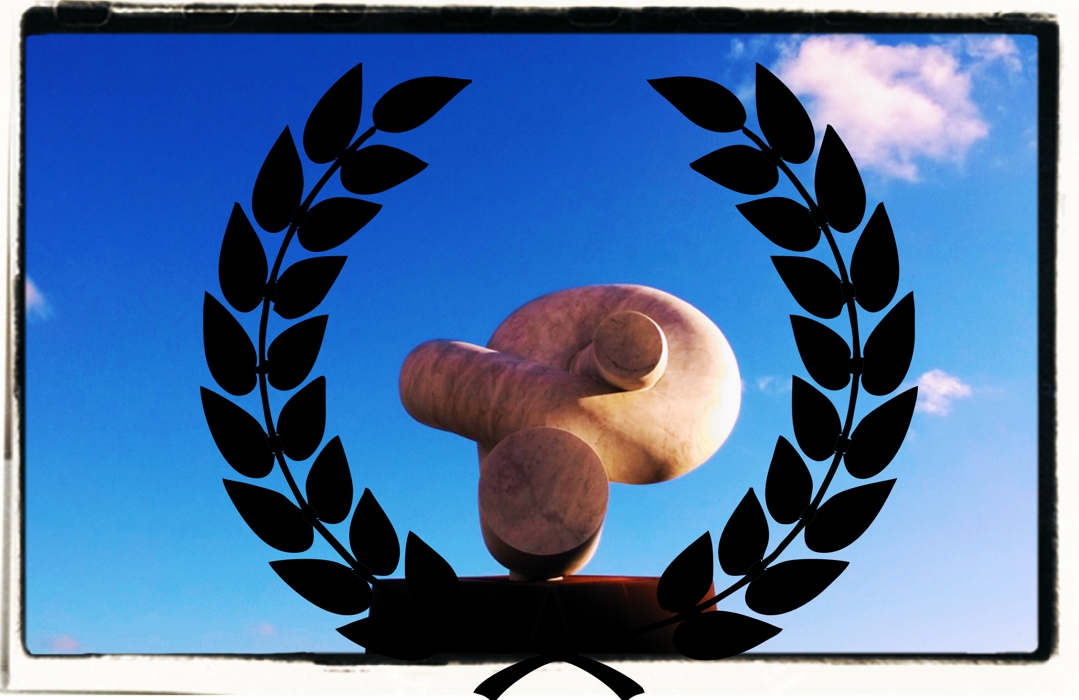
The fact that deaths in the Mediterranean and the suffering of people migrating have been regular news items for years should not lead to a normalisation of this situation.
by Kathrin Schödel
Image by the IotL Magazine
[dropcap]T[/dropcap]his is a short note to commemorate the anniversary of a horrendous event: on 18th April 2015, a boat having left from Libya with almost 900 people on board capsized in rough sea. Only 27 people survived, 850 people drowned. This catastrophe has a sad link to Malta: 24 corpses were recovered and taken to the Maltese Islands. Without being identified, they were buried in a communal unmarked grave in Addolorata Cemetery.
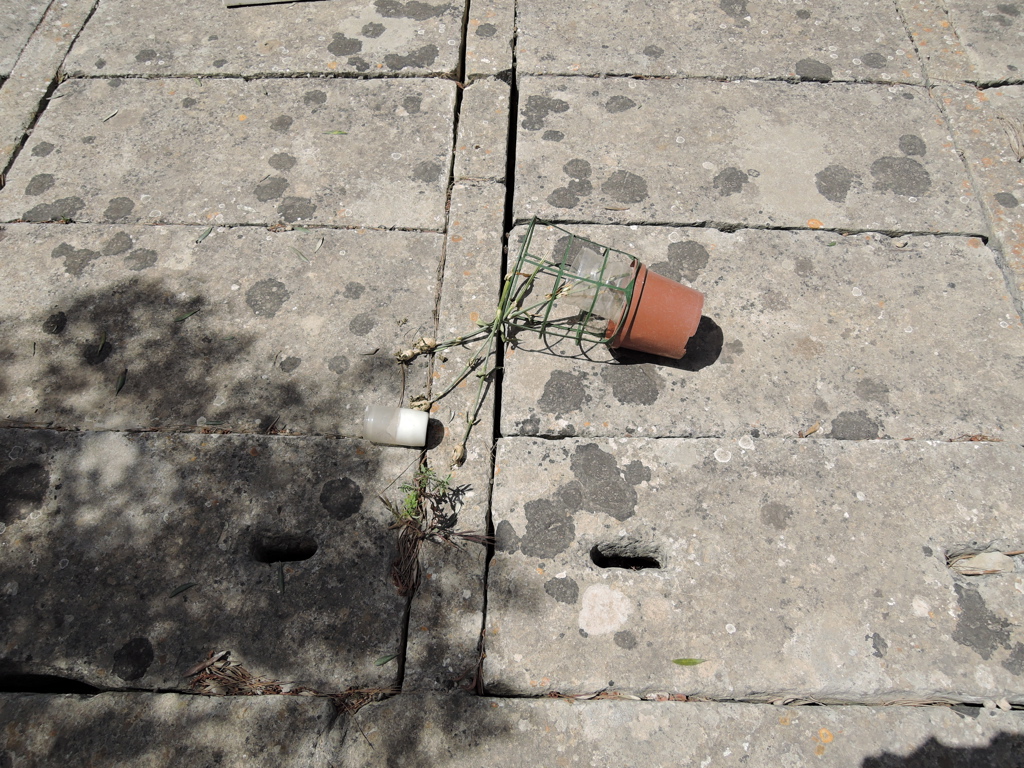
Inhabitants and visitors of Valletta can admire a precious marble knot close to the centre of political power in Malta commemorating a summit on migration held in the same year, in November 2015. Political leaders and “Malta’s geographic position which serves as a link between two continents” (inscription on the monument) are given valuable and prominent representation whereas the fact that the “link” between Europe and Africa manifests itself as a dangerous, even deadly, crossing for many, as a severing border rather than a linking knot, is not reflected.
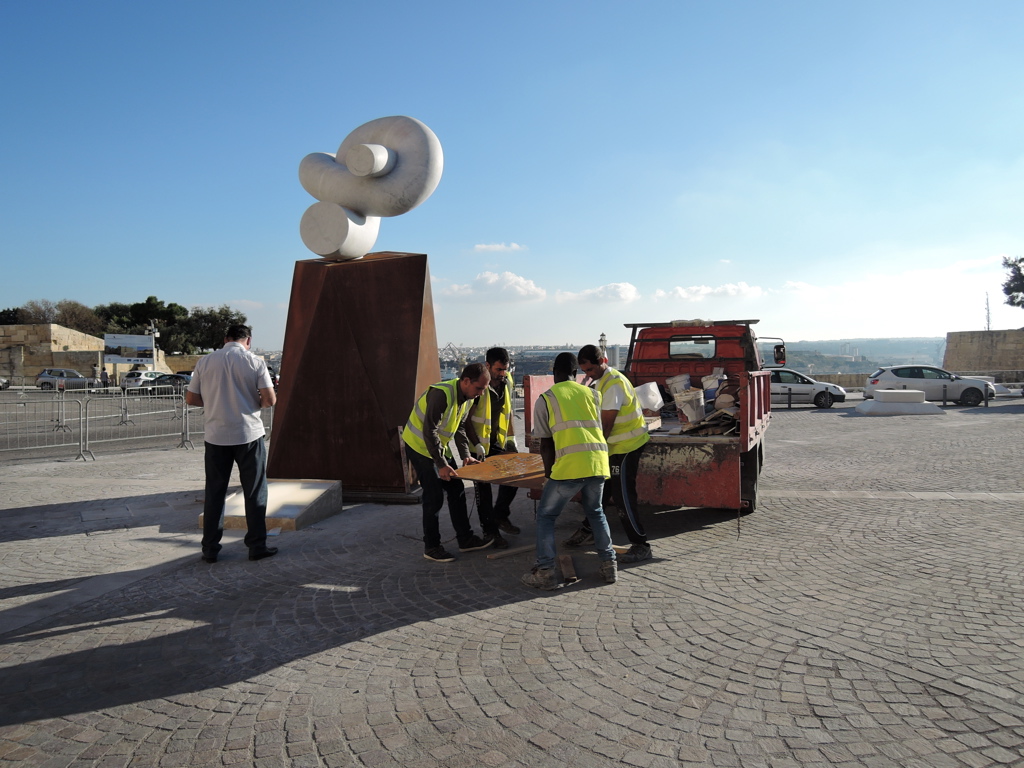
When will those suffering the fatal consequences of current migration politics be remembered in a public space?
Unmarked graves, sea rescue being impeded rather than treated as a natural ethical responsibility, racially motivated attacks, even murder, the death of immigrant workers due to a lack of safety precautions—all such incidents contribute to a radical inequality in life and death. They also contribute to a dangerous, inhumane perspective on humans categorised as migrants brutally viewed as superfluous, dispensable. We must not be complacent about this development.
When will those suffering the fatal consequences of current migration politics be remembered in a public space?
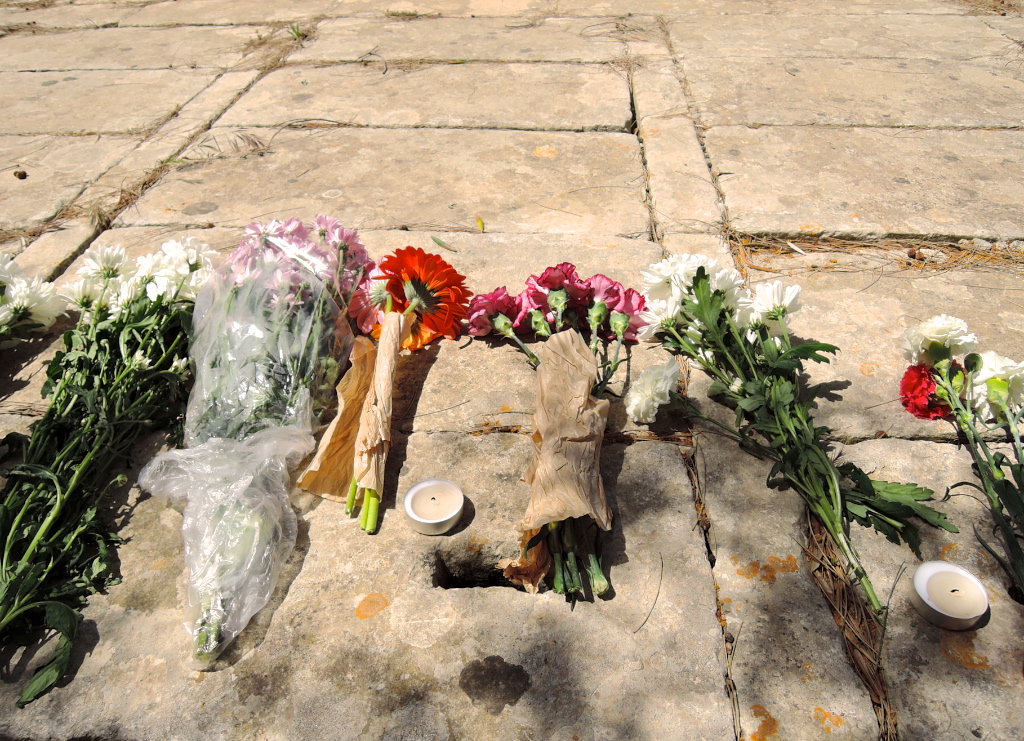
The fact that deaths in the Mediterranean and the suffering of people migrating have been regular news items for years should not lead to a normalisation of this situation. On the contrary, the regularity and seeming normality of these events is an ongoing scandal. It should serve as a strong reminder that there is no reason for being complacent, that European border politics, the politics of national economic competition are deadly.
In some reactions to the recent horrible murder of Lassana Cisse, perhaps a growing community of people in Malta, with and without a migrant background, uniting in shock and mourning can be observed. May this develop and grow towards a movement for equality and against discrimination and hatred towards people seen as ‘others’.
![]()
This short text is indebted to “Walk for Remembrance“; “Memorial for the shipwreck of the 18th April 2015”; “Event for Remembrance”, 2018– held in remembrance of the dead and demanding that all deaths—as all lives—should matter equally.

Kathrin Schödel lectures at the Department of German, University of Malta; her research interests are literature and politics, depictions of revolutions, constructions of gender roles, discourses of migration and utopian thought. She is a member of CAUR (Centre for Applied Utopian Research).
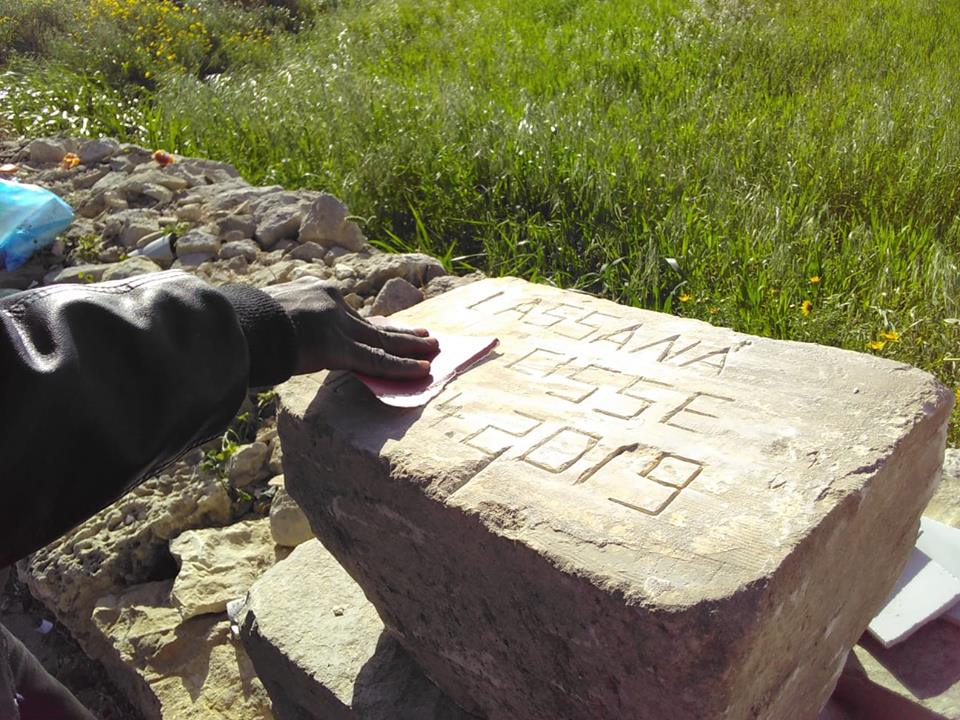
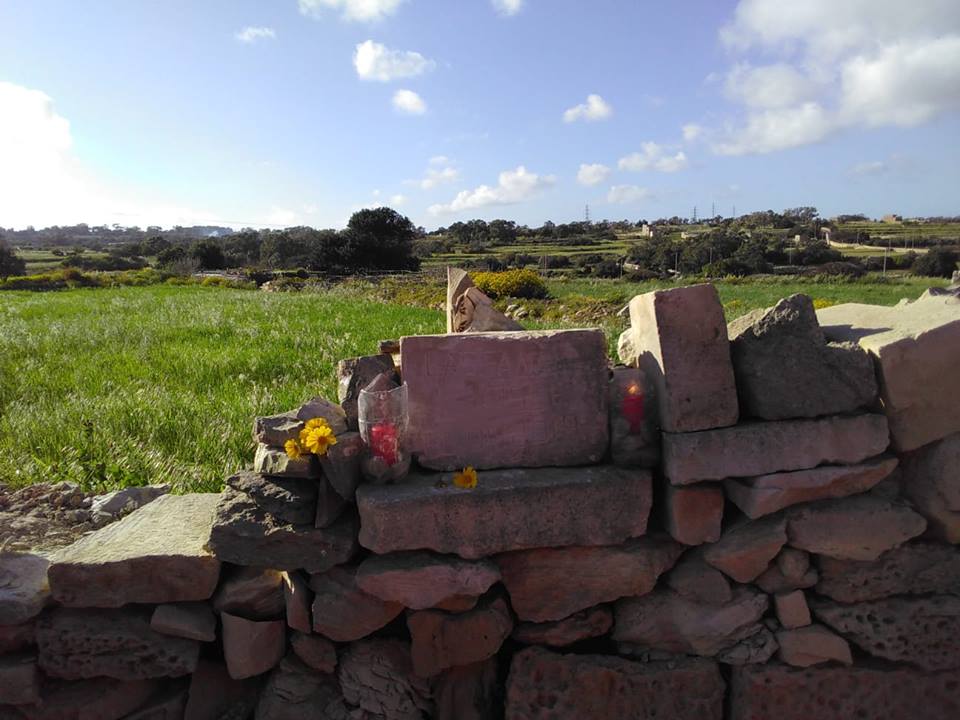
Leave a Reply